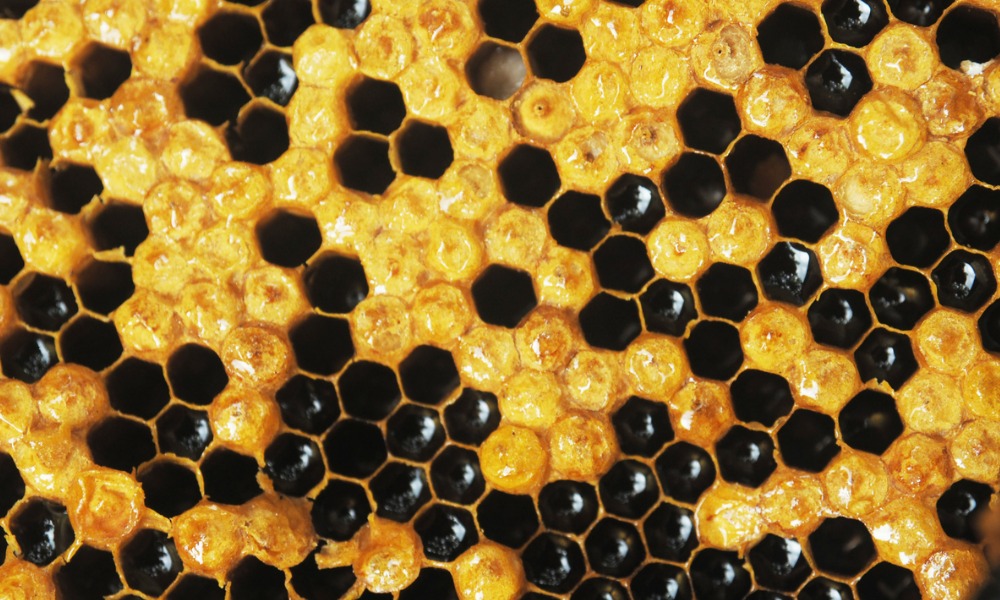Ruling calls it "a trans-Tasman tussle of extraordinary proportions"

An intellectual property dispute between Australian and New Zealand beekeeping societies has come to a momentary end with the Intellectual Property Office of New Zealand (IPONZ) ruling that NZ honey producers have no exclusive claim to manuka honey.
In 2015, a New Zealand society of manuka honey producers sought to register manuka honey as a certification product in the country for manuka honey as defined by New Zealand laws and produced in New Zealand. While the mark was accepted some time in 2018 in the name of the Manuka Honey Appellation Society, the Australian Manuka Honey Association immediately opposed the application.
“This case represents a trans-Tasman tussle of extraordinary proportions over trade mark rights for manuka honey,” Assistant Commissioner of Trade Marks Natasha Alley wrote in the 171-page decision. “It is one of the most complex and long-running proceedings to have come before the Intellectual Property Office of New Zealand.”
The IPONZ found that “manuka” was a descriptive term for the goods involved, honey, and thus not registrable under New Zealand’s Trade Marks Act 2002.
The Australian Manuka Honey Association welcomed the IPONZ’s judgment as a “sensible outcome”. The association explained that manuka honey was produced by bees which foraged nectar from varieties of the Leptospermum plant – commonly known as Manuka trees – 85 varieties of which were found in Australia.
“We are delighted with the judgment handed down by the [IPONZ], which confirms what we have been saying since New Zealand producers began this legal process nearly 8 years ago – our product has a long history of being recognised as Manuka honey, it is produced like the New Zealand product is, and it also offers the sought-after antimicrobial properties that consumers around the world value so highly,” Australian Manuka Honey Association chair Ben McKee said. “… This decision is a sensible outcome that ensures Aussie beekeepers can fairly market their produce. It also sees New Zealand following other precedent around the world that Manuka honey is a descriptive term.”
Jurisdictions which previously ruled that New Zealand did not have a monopoly over “authentic” manuka honey included Europe and the UK.
“This is positive news not just for Australian manuka producers, but also the broader industry – the thousands of people involved in producing, transporting, and selling manuka honey as a consumable and as an ingredient in an expanding range of pharmaceutical, health, and beauty products,” said McKee. “The fact that even authorities in New Zealand cannot find a way to support the trade mark claims of NZ producers should, we hope, bring this legal dispute to an end once and for all.”
The legal battle over manuka honey had grown more and more urgent as demand for the product picked up. McKee explained that, with new research regularly affirming the unique health benefits of manuka honey, demand for the product had grown from countries across the globe, including the U.S., Japan, China, and Germany.
McKee said that while the Manuka Honey Appellation Society (MHAS) had spearheaded the trade mark campaign, not all NZ manuka honey producers were out to exclude their Australian counterparts from manuka honey production. Many were still prepared to work more collaboratively with the Australian industry.
“The opportunities for Australian manuka honey are huge,” he finished. “Hopefully we can now focus on promoting this wonderful medicinal honey to the world rather than fighting over naming rights.”
The international manuka honey market is forecast to be worth more than $1.2 billion in annual trade by 2027.










